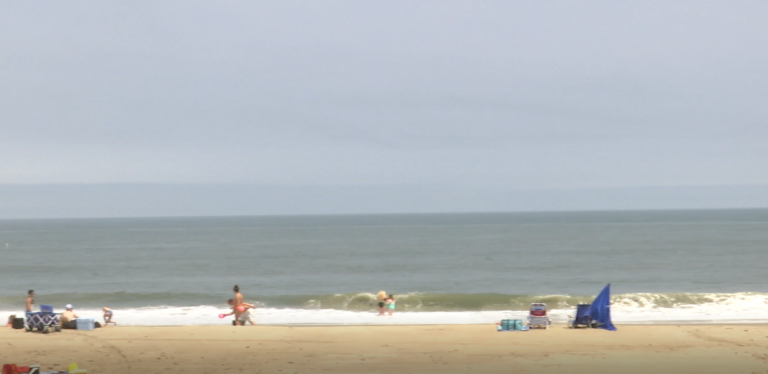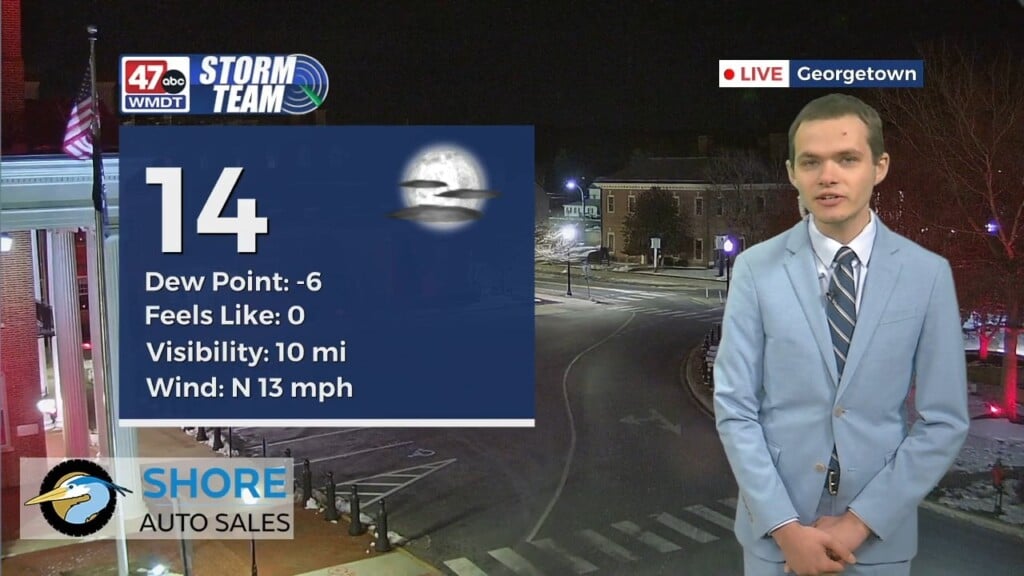Study: High levels of bacteria in Rehoboth ocean

According to a recent study by the Delaware Department of Natural Resources and Environmental Control (DNREC), trash and run-off are causing a higher-than-recommended concentration of bio contaminants in Rehoboth's ocean.
"They’ve come back with analysis over the last six or eight months that in certain places – I believe Maryland avenue outfall, the Rehoboth avenue outfall and Delaware outfall – have a substantial amount of bacteria during heavy, heavy rainfalls," said Mayor Paul Kuhns.
The study says that about six hours after a heavy rainstorm, the ocean collects contaminants from Rehoboth's five stormwater outfalls. And, it might get worse during the summer when there are more people visiting local shops and restaurants.
"During the summer months, the main type of waste that you're going to find are those types of wastes that are associated with eating and drinking," said Lieutenant Jaime Riddle.
"One of the things we’re probably pushing to go forward with is cleaning the sand filters maybe a little more often especially in the major part of the season, the summer season," said Kuhns.
The 250,000 dollar study also says that the bacteria – enterococcus – is found in the guts of all warm-blooded animals.
According to officials, the city needs to continue examining old infrastructure and storm water drains.
"We at the city, we're proactive work on the storm water drains that we have in the city and the catch basins, we're consistently cleaning those," Kuhns said.
According to Kuhns, the local businesses need to be more proactive and make sure that the ocean water does not suffer from higher concentrations of bacteria.
He says local shops and restaurants must maintain their wastewater grease traps and help customers keep trash away from sidewalks and the boardwalk. Residents should also avoid emptying paint cans near the storm water drains, as well as using less invasive grass fertilizers.
Officials also ask residents to be careful with car oil spills. They hope to come up with short-term and long-term action plans to help lower the amount of bacteria that gets into the ocean.

